The ideology of 'Malay Islamic Monarchy' plays an important role in the formation, development and affirmation of the position of Brunei Darussalam.
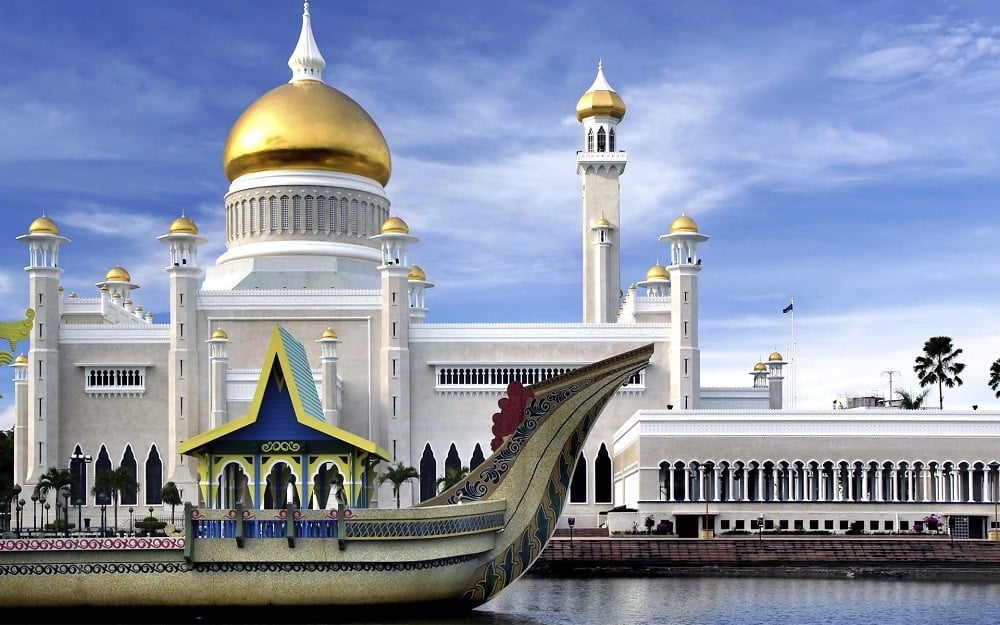 |
| Sultan Omar Ali Saifuddin Mosque in Bandar Seri Begawan, the capital of Brunei. (Source: Bernard Spragg/Flickr) |
Since gaining independence (in 1984) to date, Brunei Darussalam (Brunei) has successfully maintained political stability and established its position, role and influence in the international arena as a reliable partner of other countries. An important factor contributing to this success is that the Brunei Government has promoted and popularized the ideology of “Malay Islamic Monarchy” into a national philosophy.
In the declaration of independence on January 1, 1984, Sultan Haji Hassanal Bolkiah affirmed the ideology of “Malay Islamic Monarchy” (Melayu Islam Beraja, MIB) as the national philosophy of Brunei.
The element “Malay” represents the origin, race, language, and culture of the Brunei people. By the end of 2021, the population of Brunei was 440,715 people, of which Brunei citizens accounted for 75.7%, the rest were permanent residents and short-term residents. Malays accounted for 67.4%, the rest were Chinese and some other ethnic groups. The official language in Brunei is Malay.
Meanwhile, the “Islam” element affirms that Brunei is an Islamic country. The Brunei Constitution stipulates that “Islam” is the state religion of Brunei, the Sunni tradition, the Shafeite school. For Brunei, Islam is not only a religion, but has become an ideology that shapes the rules of conduct, moral standards and laws.
Finally, the element “Monarchy” represents Brunei as an absolute monarchy. Accordingly, the King has supreme power in legislative, executive and religious matters. The MIB ideology has a profound influence on the political, economic, socio-cultural and foreign relations of Brunei.
Comprehensive impact
Regarding the organization and management of the state apparatus, the King is the head of state, with supreme power in religious, political, legislative and executive matters. The King has full authority to appoint and dismiss ministers and cabinet members. The current King of Brunei is Sultan Hassanal Bolkiah ibni Omar Ali Saifuddien III, who has reigned since 1967.
The Crown Prince is currently the Senior Minister of the Prime Minister's Office. Members of the royal family also hold important cabinet positions. The King has unlimited power to issue decrees during a state of national emergency. These decrees may violate the Constitution and existing laws.
MIB values are incorporated into national policies, laws and education. The Ministry of Religious Affairs and the Ministry of Education are responsible for promoting and teaching MIB ethical values. The Department of Traditions and Practices and the Department of Language and Literature under the Prime Minister's Office are assigned the functions and tasks of implementing MIB values. Meanwhile, the Ministry of Finance and Trade, the Ministry of Health, and the Ministry of Primary Resources have agencies that manage and license Halal food, commercial services, and financial institutions according to Islamic standards. The Attorney General is responsible for implementing the Islamic law and judicial system.
Economically , Brunei has a small economy, with a gross national income of about 39 billion USD in 2022. Thanks to large oil revenues, accounting for over 60% of annual GDP, and a small population, per capita income in Brunei is always high, over 30,000 USD/year.
However, this oil resource is forecast to gradually run out between 2030 and 2050. In that context, Brunei is making efforts to diversify its economy, reducing its dependence on oil and gas according to the Vision 2035 Statement issued in 2008.
Specifically, the country has identified the industry of producing Halal products and services as a key sector to promote economic diversification. Currently, Brunei's Halal food meets the standards of the most demanding Muslim markets in the Middle East. In 2019, Brunei ranked eighth in the Global Islamic Ranking for Halal Exports and Industry Development.
Brunei is currently striving to promote cooperation within the framework of the East ASEAN Regional Forum (BIMP-EAGA), with the goal of becoming a regional hub for the supply, production and consumption of Halal products and services.
| For Brunei, Islam is not just a religion, but has become an ideology that shapes codes of conduct, moral standards and laws. |
Regarding foreign affairs , based on the MIB ideology, Brunei implements an open foreign policy, balancing relations with major countries to promote national interests in accordance with the situation and role in the region and the world.
Brunei maintains good relations with its neighbors, members of the Association of Southeast Asian Nations (ASEAN), and maintains special traditional relations with Malaysia and Singapore. In addition, the country also maintains friendly relations with the West (UK, USA, Australia), especially with the UK to ensure national security and defense interests.
On the other hand, Bandar Seri Begawan values its relationship with Beijing for economic benefits: China is currently the largest investor in Brunei with many infrastructure projects under the Belt and Road Initiative.
In addition, Brunei always focuses on maintaining good relations and strengthening economic cooperation with Middle Eastern countries, the Organization of Islamic Cooperation (OIC) bloc such as Saudi Arabia, the United Arab Emirates (UAE), Kuwait, Qatar, Oman and Iran. This country also supports Muslims in hot spots of conflict such as the Palestinians in the Middle East or the Rohingya in the Myanmar issue.
On the multilateral front, Brunei is a member of many important regional and international organizations and frameworks such as the United Nations, OIC, Non-Aligned Movement (NAM), World Trade Organization (WTO), Comprehensive and Progressive Agreement for Trans-Pacific Partnership (CPTPP) and Regional Comprehensive Economic Partnership (RCEP).
Culturally, Islamic values are integrated into Malay cultural values, deeply rooted in the lives of all social classes and forming common behavioral standards of Bruneians such as: Awar galat (humility), Menuakan yang tua (respect for the elderly), Menghormati ibu bapa (respect for parents), Mentaari raja (loyalty to the King), Menjunjung adat (respect and continuation of traditions), Identiti kebruneian (preserve Brunei identity).
The government has taken a number of measures to restrict the spread of other religions in Brunei to ensure the role of Islam, discourage people from learning about other faiths, and prohibit conversion. It has made MIB a compulsory subject in primary and secondary schools, and closely monitors press, media, and related public activities.
Open potential for cooperation
Vietnam can exploit and apply the values of the MIB ideology to further deepen bilateral relations with Brunei.
Vietnam and Brunei officially established diplomatic relations in 1992 and upgraded them to Comprehensive Partnership in 2019. Over the past 30 years, the relationship between the two countries has witnessed many important developments in all aspects.
Vietnam and Brunei have a cooperation mechanism called the Joint Committee on Bilateral Cooperation (JCBC), chaired by the Foreign Minister, to review and orient the development of bilateral relations and discuss regional and international issues of mutual concern.
In 2022, JCBC held its second meeting on the occasion of the 30th anniversary of bilateral relations. The two sides signed the Action Plan to implement the Vietnam - Brunei Comprehensive Partnership for the period 2023-2027 during the official visit of Prime Minister Pham Minh Chinh to Brunei (February 2023).
Maintaining relatively regular exchanges of high-level delegations over the years has made Vietnam and Brunei closer, strengthened political trust, promoted cooperation, and maintained mutual support at regional and international forums and organizations.
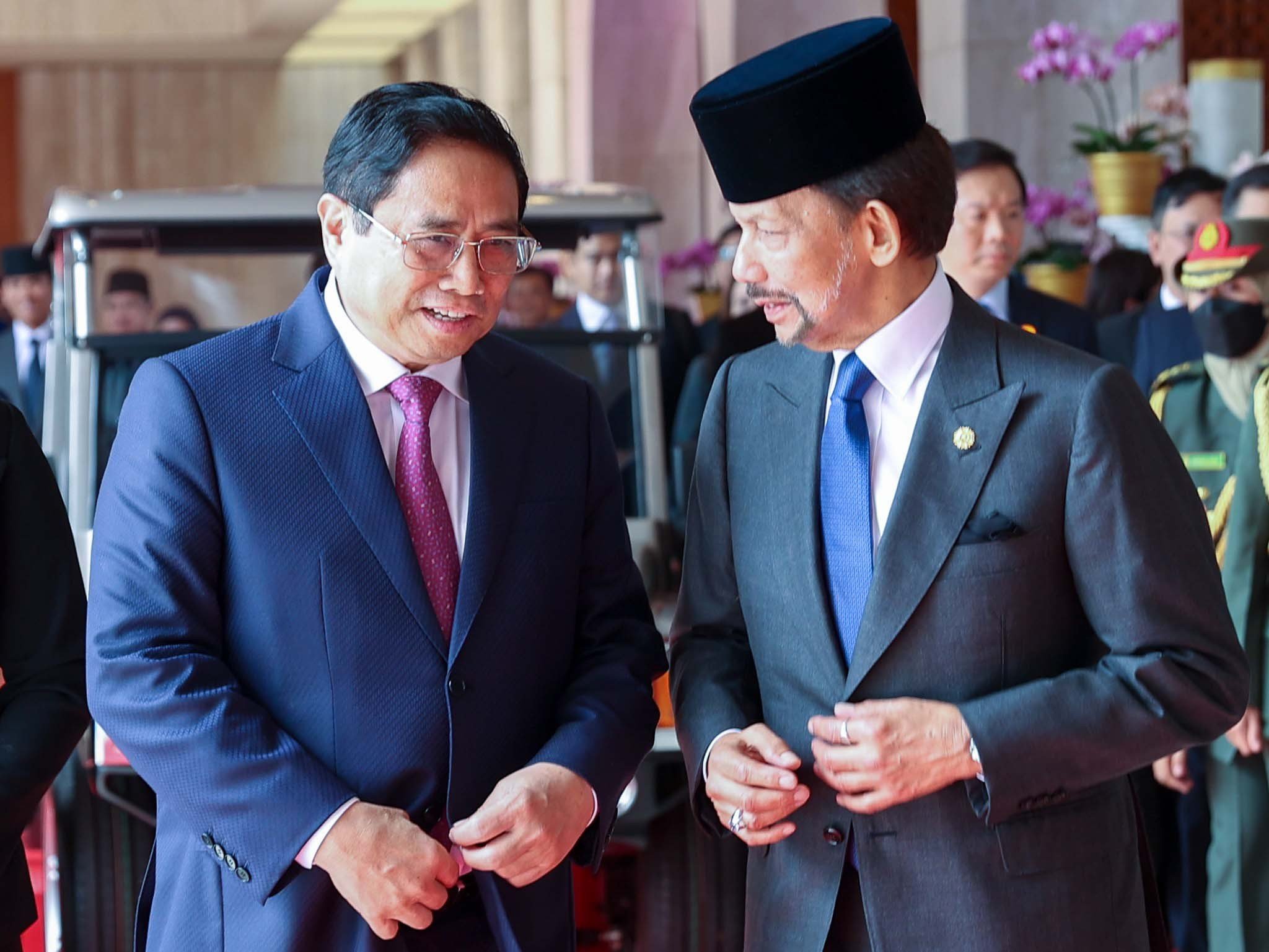 |
| Brunei Sultan Hassanal Bolkiah and Prime Minister Pham Minh Chinh in Bandar Seri Begawan in February 2023. (Photo: Duong Giang) |
Economic and trade cooperation is one of the main pillars of the Vietnam - Brunei bilateral relationship. In 2020-2021, the impact of the Covid-19 pandemic in both countries caused this pillar to not be effectively implemented. Entering 2022, trade between the two countries has strongly recovered. Specifically, two-way trade turnover reached 726 million USD, exceeding the target set by 134% ahead of schedule in 2025.
However, despite the strong increase, bilateral trade turnover is still not commensurate with the potential of the two countries. Vietnam is still the side with a trade deficit of more than 90% of total trade turnover. Currently, Vietnamese enterprises do not have many investment and business projects in Brunei. In the coming time, the two countries need to set new trade turnover targets and aim to adjust the trade balance to be more balanced.
Currently, the Brunei Government is making efforts to diversify the economy, enhance the capacity of private economic sectors, and improve infrastructure according to Vision 2035. This is a golden opportunity and time for Vietnam to promote trade and investment, and bring businesses into this process through cooperation and joint ventures with Brunei partners, especially in the energy, chemical and Halal food industries. Brunei can be a gateway for Vietnam to participate more deeply in the supply chain of Halal goods and services to third Muslim markets.
Regarding people-to-people exchanges, cultural exchange activities between the two countries took place in a rich and vibrant manner with many cultural, artistic and culinary fairs and exhibitions. Notably, the student exchange cooperation between the Brunei National University and FPT University Da Nang was a highlight.
In addition, enhancing understanding of Islamic culture in Vietnam also plays an important role in the effort to connect the people of the two countries, contributing to promoting Vietnamese culture. At the same time, it will help Vietnamese enterprises penetrate the Brunei market and the Muslim market of more than 1.9 billion people more easily, promoting Vietnam's Halal industry, thereby further tightening the Comprehensive Partnership between the two Southeast Asian countries.
(*) PhD student at University of Brunei.
(**) Third Secretary, Embassy of Vietnam in Brunei Darussalam.
Source


![[Photo] Looking back at the impressive moments of the Vietnamese rescue team in Myanmar](https://vstatic.vietnam.vn/vietnam/resource/IMAGE/2025/4/11/5623ca902a934e19b604c718265249d0)



![[Photo] "Beauties" participate in the parade rehearsal at Bien Hoa airport](https://vstatic.vietnam.vn/vietnam/resource/IMAGE/2025/4/11/155502af3384431e918de0e2e585d13a)



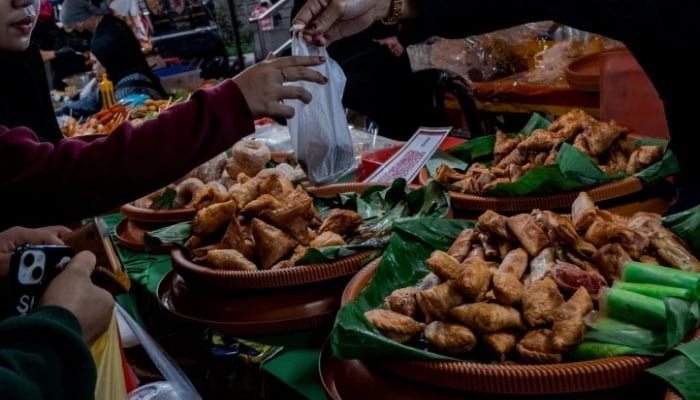

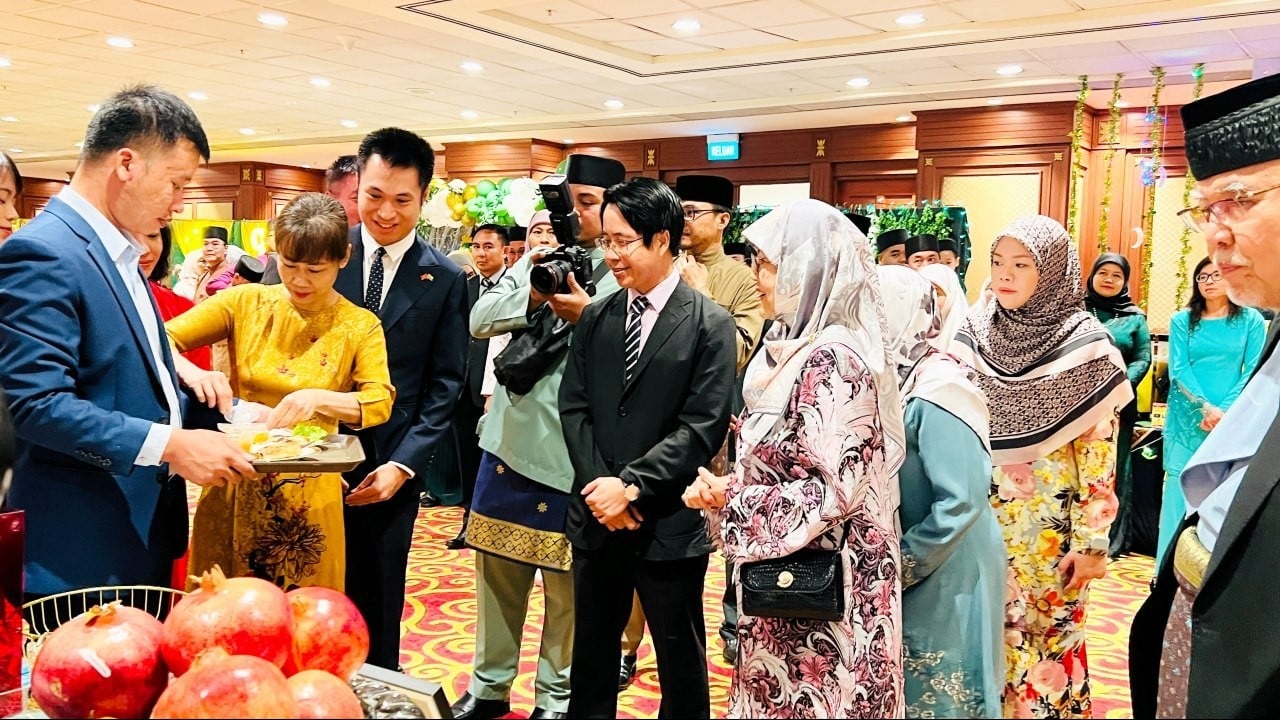
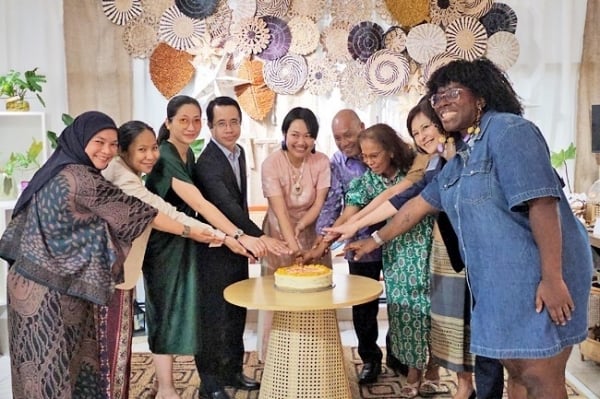
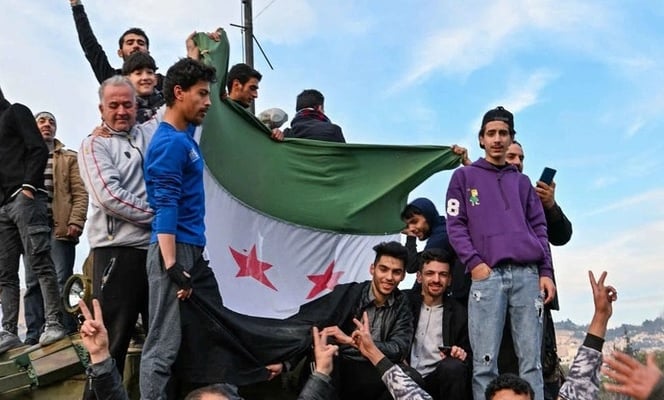
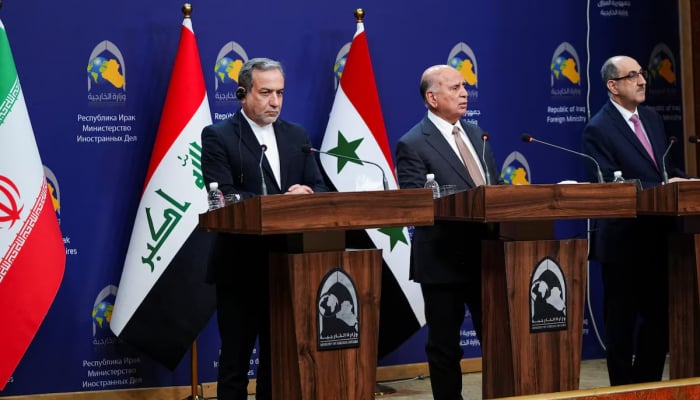








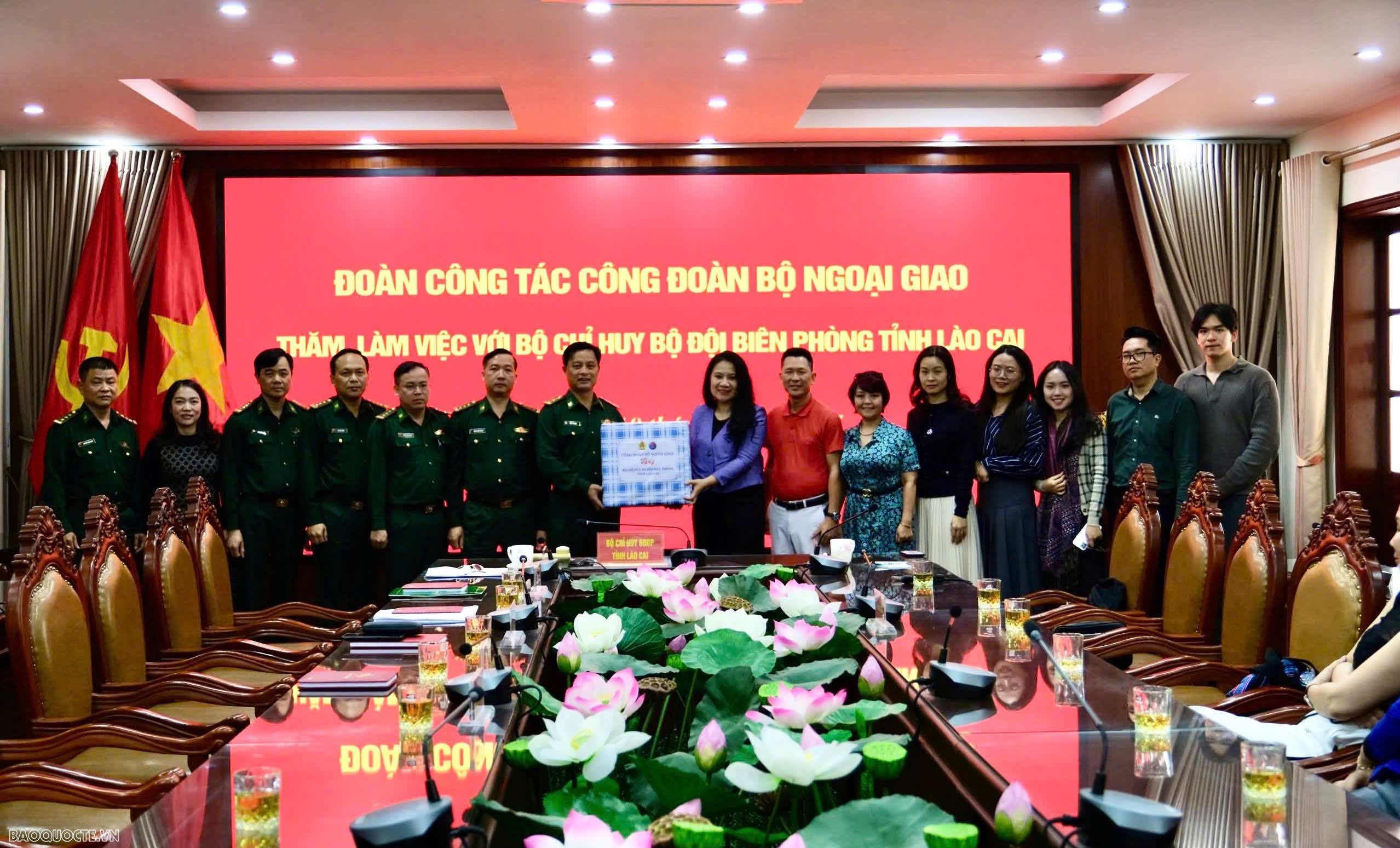
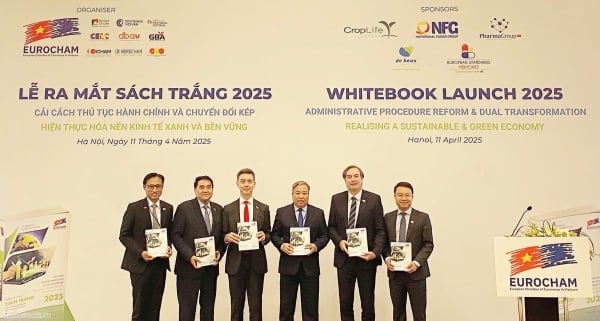
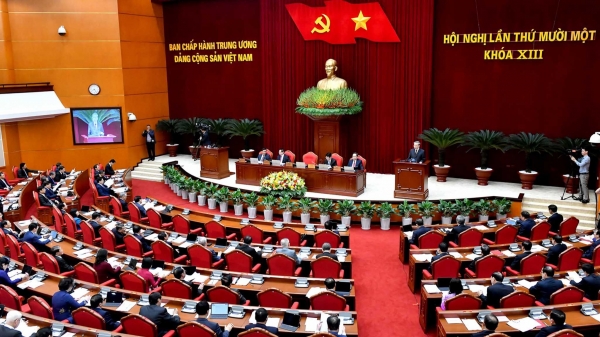
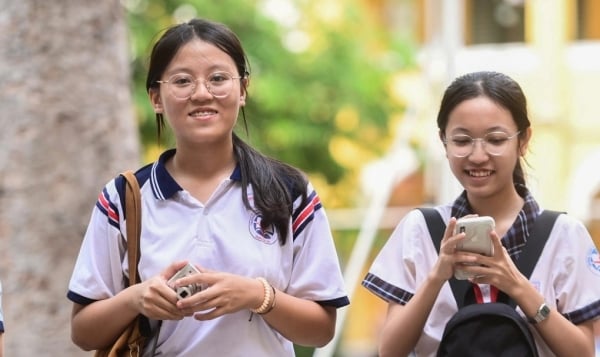

![[Photo] Summary of parade practice in preparation for the April 30th celebration](https://vstatic.vietnam.vn/vietnam/resource/IMAGE/2025/4/11/78cfee0f2cc045b387ff1a4362b5950f)










































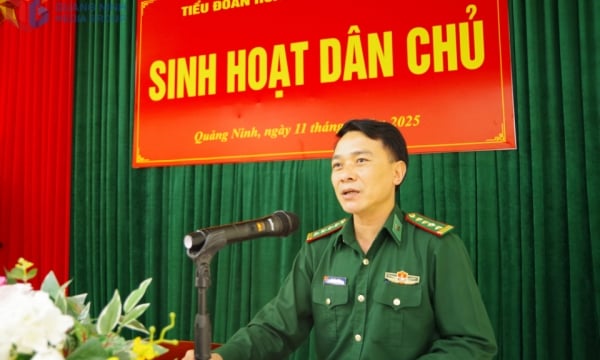
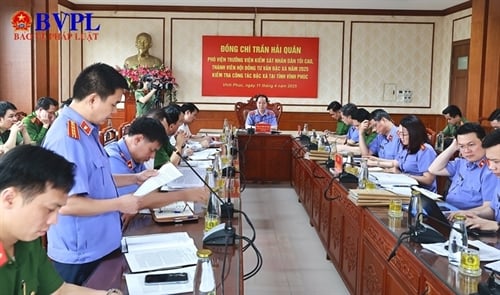



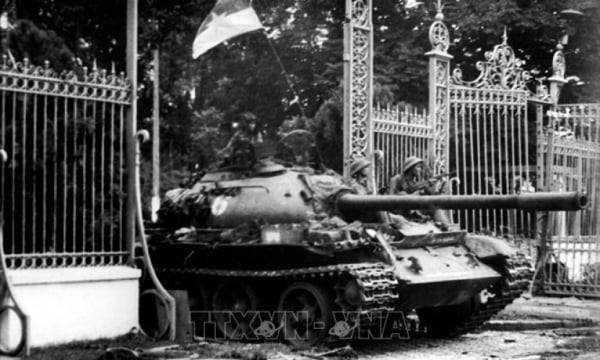
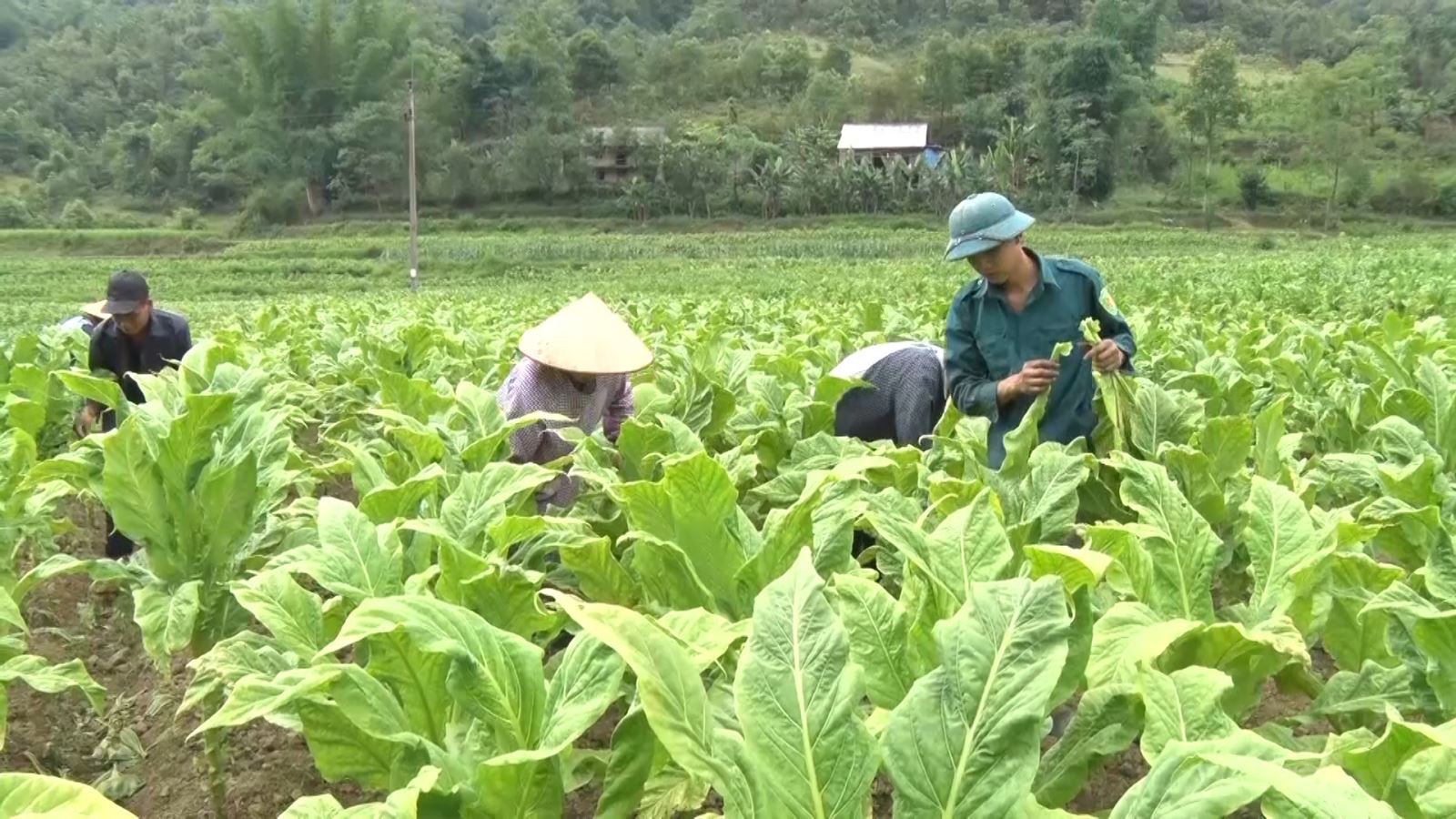











Comment (0)